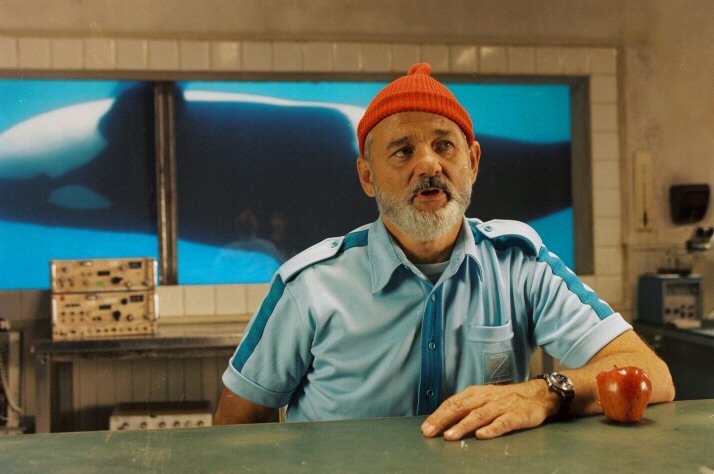
The Velvet Underground and Nico is tumultuous on the first listen, and it was much more difficult when it first came out 50 years ago. Many years later, the album was seen as one of the greatest innovators of contemporary music. I start this film article with an album’s history, because it can sometimes be easier to measure the evolution of a piece of art—regardless of its same form from the start—with a short burst that stood out from the rest of its kind.
Cinema has its similar examples of art house releases that changed mainstream cinema, whether you look at the fragmented dreams of Maya Deren or observe pop culture in a new light with “Scorpio Rising”.
Some films are also reexamined many years down the road. Were they ahead of their time? Were we not in the right mindset to get these films before? Did we have to see the inspiration spew from latter films to see where the imagination in these overlooked gems spewed from? “Synecdoche, New York” was considered a depressing and bloated affair 10 years ago, yet it is now highly reconsidered for its ambitions and depth.
The following list of movies isn’t akin to the way “Synecdoche, New York” has been reevaluated. These films haven’t quite shaken up the world. In fact, a portion of these films are still considered lousy or unfulfilling. A couple of these films are already being looked at in a new way, while the rest are entries I insist get the same kind of treatment.
None of these films are mistaken masterpieces I’m trying to shove down the throats of you fellow readers; these are simply movies that I think speak louder than they did when they were first made. Some of these films aren’t as disturbing as when they came out, and thus can maybe be reflected in a new way. Some of these films resonate more with the kinds of films that are popular now. Either way, these are 10 films that deserve to be reevaluated now that times are different.
1. Crash (1996)
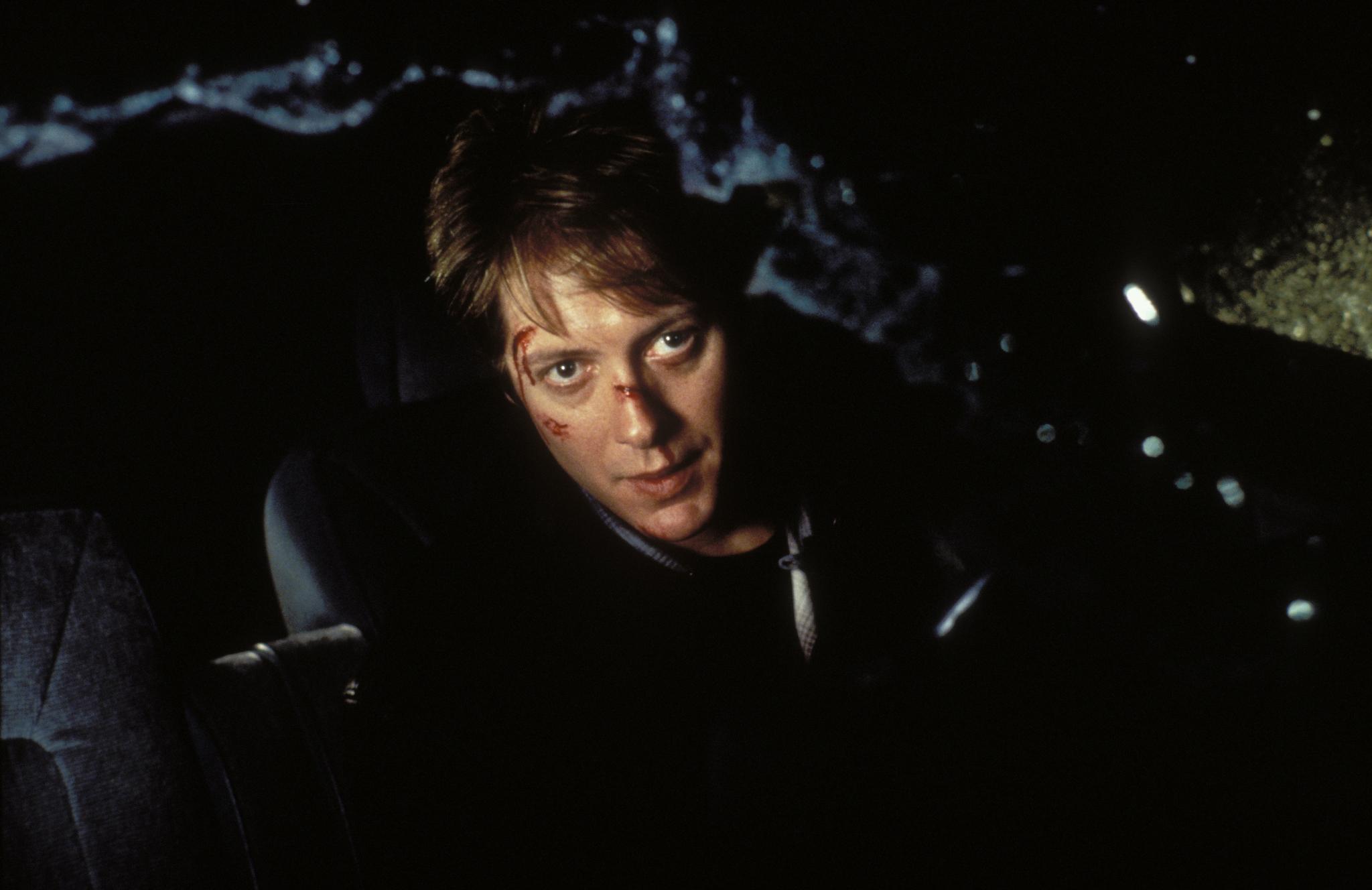
No, not the Best Picture winning film. There’s another “Crash” that has left a much larger imprint on some cinephiles (like myself). There isn’t a lot of commentary on race issues, but instead there is a psychoanalysis on sexuality and cathartic obsessions.
The film is centered around paraphilia (a fetish based on abnormal occurrences or objects), particularly the perverted fascination behind car crashes that turns on the two main characters (played devilishly by James Spader and Holly Hunter). The plot is a little bit odd, let’s be honest. In David Cronenberg’s hands, though, this psycho-erotic thriller makes a little bit more sense. The guy’s done some of the greatest body horrors and sensual nightmares ever put to film.
The film came out at the wrong time, it seems. The mid-90s were cleansed by light-hearted affairs and romance. Let’s look at some of the Best Picture winners that dominated: “The English Patient”, “Shakespeare in Love” and “Titanic”. Best Picture winners don’t really dictate what the world loves, but they do represent the mindset of the industry at the time that they happen (a timestamp of sorts).
This kind of film would pass much more easily now, especially with the deranged pictures we get currently (how about “The Neon Demon”, ladies and gentlemen?). “Crash” came just a little too late after “The Silence of the Lambs”, when the movie world was heading towards films that were sweeter. “Crash” won’t win everyone over, but we’re in the age of technology where movements are less vital to a film’s success. It’s Cronenberg’s most divided film, but a reevaluation may win even more fans now.
2. The Fearless Vampire Killers
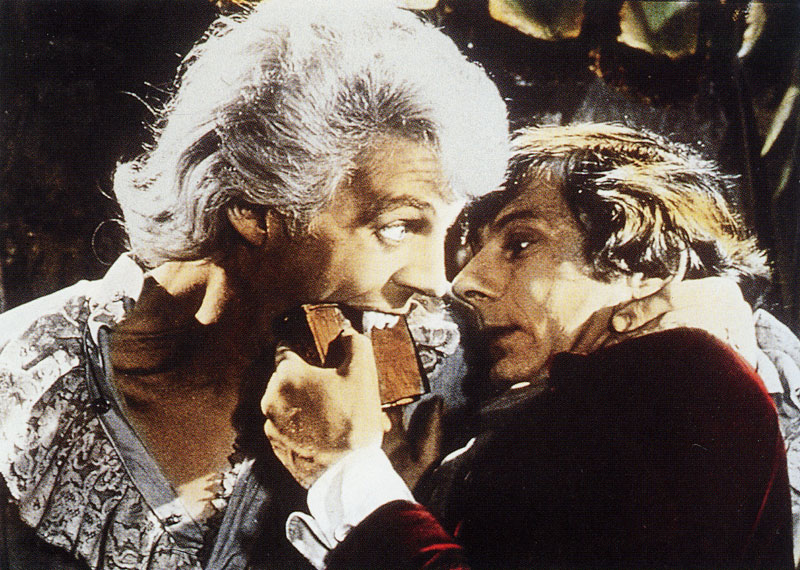
You have so many films to pick from when it comes to Roman Polanski’s filmography that can be considered gems: “Chinatown”, “Rosemary’s Baby”, “The Tenant”, “Repulsion”, “The Pianist”, “Knife in the Water”, “Cul-de-sac”, and so many others.
Maybe “The Fearless Vampire Killers” isn’t brought up because it isn’t quite as good as the films that were just previously mentioned, but it certainly should be brought up at least in more jovial conversations. It’s a cheeky, silly horror film with a great amount of shlock shoved into it. It may not be a mentally stimulating film (especially compared to other Polanski films), but it really doesn’t need to be. “The Fearless Vampire Killers” isn’t exactly hated, but more or less forgotten instead.
It may have more of a place now that the newest trend of vampire films has come and gone. We’re in the part of the vampire phase that making light or making new of the style is more than welcome. “What We Do in the Shadows” is a recent comedic grand slam that had many around the world in stitches.
“Only Lovers Left Alive” put a new spin on the creature-type that opened up so many new doors. As well, the hyper-glamorous horror film is coming back in fashion (if you haven’t seen “The Love Witch”, get on that). “The Fearless Vampire Killers” is goofy, stylish and magnetic. It’s really not talked about enough.
3. Heaven’s Gate
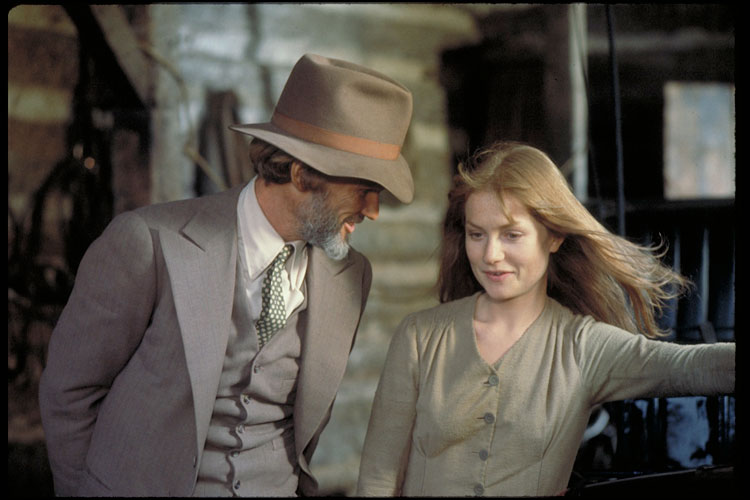
Michael Cimino’s follow-up to “The Deer Hunter” was a complete and utter failure. The key word in that sentence is the word “was”. When the movie came out, it was a disaster that was lost in the shadow of the previous Best Picture winning film. It was long (actually longer than “The Deer Hunter”, depending on the cut that you watch).
The budget was gargantuan, compared to what was proposed, and the earnings back didn’t even match a quarter of the budget ($3.5 million compared to $44 million). The ratings were scathing, and it was considered one of the all-time worst films ever. It’s been more than 30 years since it came out, so let’s be completely realistic about this strange flick.
This western epic with strange elements (roller skating in the Wild West?) may have suffered from further injustices that tampered with the risks that it took. The re-edit that shaved more than an hour and a half of content has got to be up there with the theatrical releases of films like “Once Upon a Time in America” with being one of the worst disservices to any film.
This article is far from the first to commend “Heaven’s Gate” for a reevaluation, as it is commonly being brought up as one of the most misunderstood films in cinema. The cast still resonates well today (everyone from Kristoferson and Walken to Huppert, [Jeff] Bridges and [John] Hurt), and the aesthetics are purely dream-like. It’s a bit of a test to watch (it is an epic, after all), but it is films like “Heaven’s Gate” that inspired a list like this in the first place. It damn well deserves better recognition than what it has received for decades.
4. Interiors
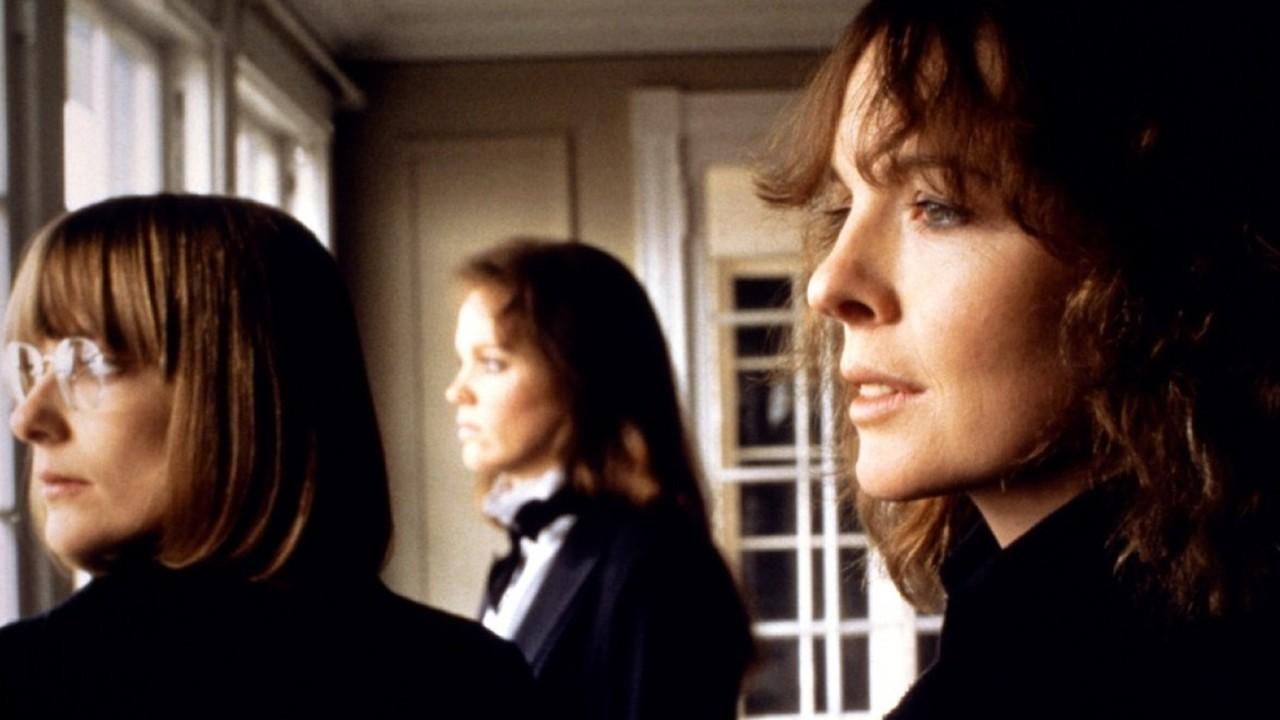
This film is likely the most well-regarded on this list. Why is Woody Allen’s “Interiors” on this list, then? It’s also far from the most underrated Allen film. The thing that makes “Interiors” more than just Allen’s first attempt at a drama is that it is the first time he has flirted with his all-time favourite influence Ingmar Bergman.
The words don’t just instill a chuckle or an appreciation for Allen’s wit, but instead you can feel that every single word come from a place of history and hurt. This is his first chance to show the sorrow he can just as easily inflict with his writing. “Interiors” wasn’t overlooked when it came out, either. It got its numerous Oscar nominations. Then it was kind of forgotten about.
Sure, it has been occasionally ranked by publications as a solid Allen film, but these instances are usually lists of Woody Allen films. What we need is a reconsideration of this film altogether, and not just within his canon.
The film is currently represented by decent reviews on Rotten Tomatoes and Metacritic. If this film really is one of Allen’s best, it needs to be treated as such. We’re well beyond getting familiar with his works as well, and we are more than aware of what a mediocre (or even bad) Allen film looks like. “Interiors” is far from that, and it deserves to be given a spotlight instead of being cast into the massive list of Allen films that disappear into oblivion.
5. Julien Donkey-Boy
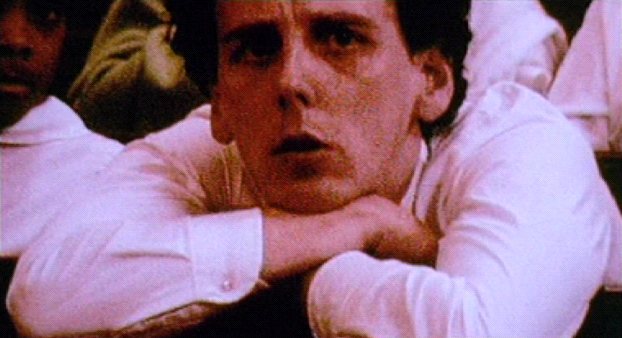
Yeah, I wouldn’t blame you if this ended up being the hardest film to forgive on this list. Harmony Korine is somewhat of an antonym of his first name, because his works are usually extremely abrasive and difficult to dive into. That’s how his movies work, though. Korine’s collection works through disconnect, and your fascination is from how you yearn to cling onto the atrocities he projects.
The titular character (played by Ewen Bremner) is plagued with schizophrenia, and his feuding family certainly does not help with adding any order in his life. The minimalism this film boasts comes from the fact that it follows the rules of Dogme 95 (a strict series of guidelines that forbid technological help to instead allow a film to shine through its bare basics).
“Spring Breakers” clicked with some people, and pushed away others. “Gummo”, as a result, is being reconsidered by the former group. In that same breath, “Julien Donkey-Boy” may resonate with this small fanbase. It is disturbing, unnerving and entirely nonsensical at times. With the help of the internet, avant-garde-esque films are finding more love than they may have in the 90s. Communities are always sharing what films get underestimated, especially when it comes to being different.
“Julien Donkey-Boy” sure is different, alright. You’ll find lists of challenging films that people are willing to test their tastes with. If we’re skimming through the experimental or different films of the past and are picking up works like “Begotten”, “El Topo”, and “Pink Flamingos”, do yourself a (dis)service and pick up “Julien Donkey-Boy” as well. You’ll either thank me or will curse me, but you can’t deny that there aren’t many films like it.